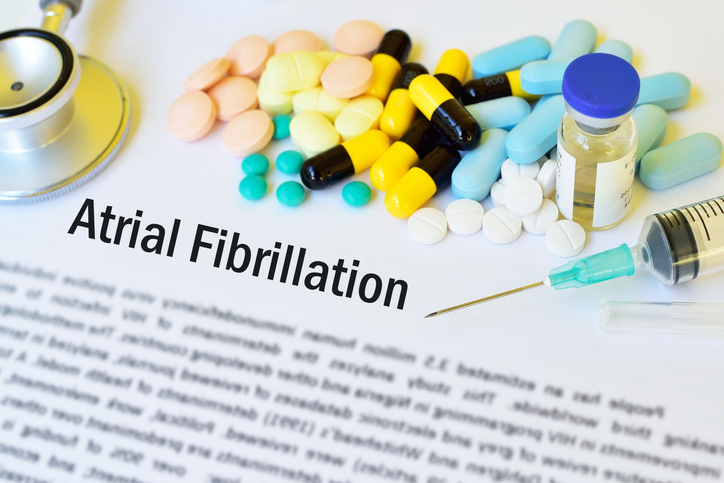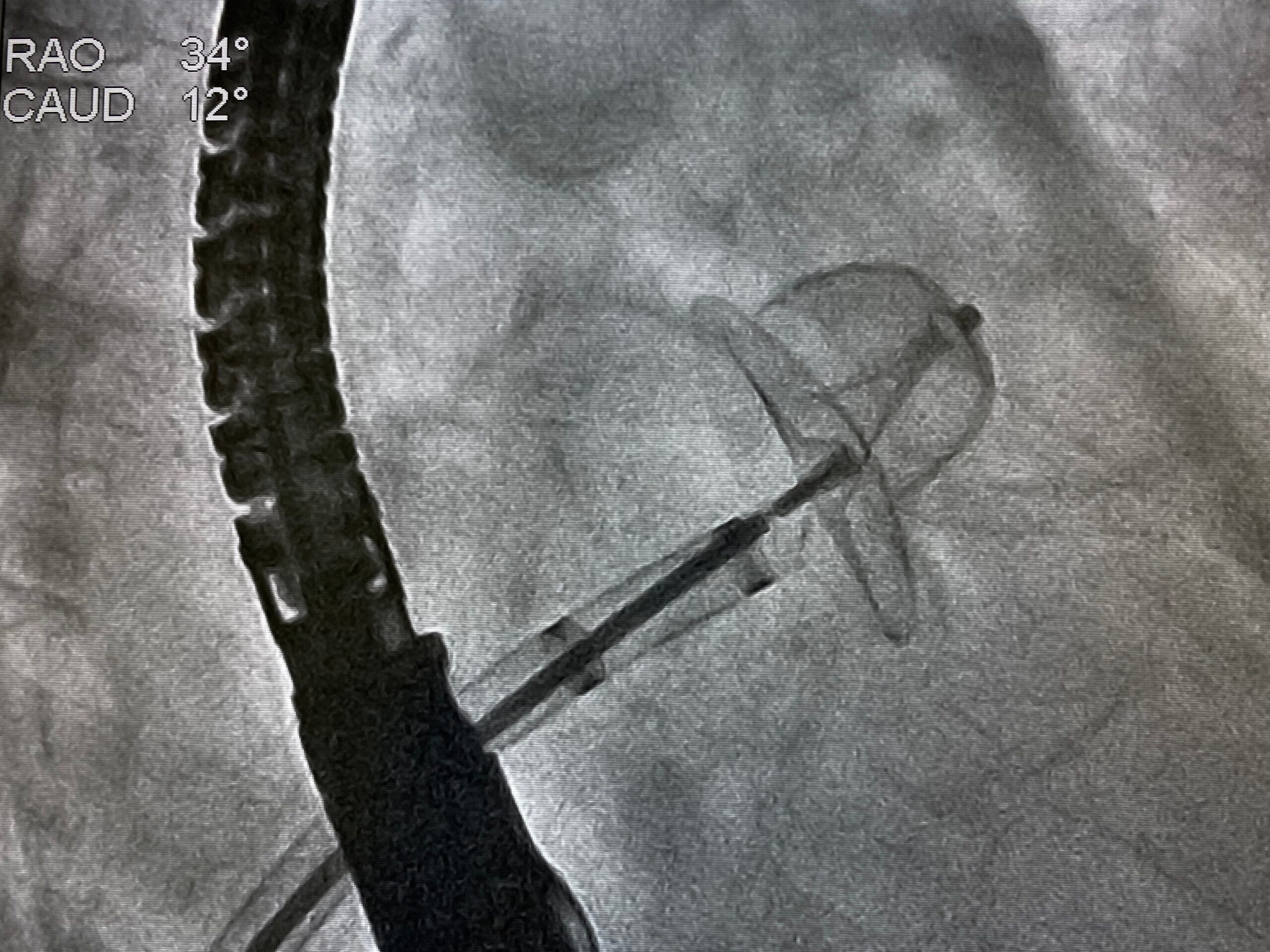In a study recently published in Circulation, researchers set out to find patterns of apixaban use and associated outcomes in end-stage kidney disease (ESKD) patients who are dependent on dialysis and have atrial fibrillation (AF). Information from the United States Renal Data System on 25,523 dialysis-dependent patients with ESKD and AF who received oral anticoagulant treatment was used in a retrospective cohort study of Medicare beneficiaries. Researchers originally wanted to investigate dabigatran and rivaroxaban users, however due to the limited number of users they assessed patients who used apixaban or warfarin instead. Major bleeding, survival free of stroke or systemic embolism, intracranial bleeding, death, and gastrointestinal were assessed as outcomes of interest.
After matching the two cohorts, researchers found that there was no significant difference in risks of stroke or systemic embolism between the apixaban and warfarin users. They did, however, find that apixaban users had significantly lower risks of major bleeding. In addition, those who took a standard daily dose of apixaban (5 mg twice a day) displayed significantly lower risks of stroke, systemic embolism, and death than those taking the lower dosage or warfarin.
Researchers concluded in comparison to warfarin, apixaban may be linked to lower risks of major bleeding in dialysis-dependent EKSD patients with AF, and that taking 5mg twice daily may reduce mortality and thromboembolic risks.
Source: Circulation







 © 2025 Mashup Media, LLC, a Formedics Property. All Rights Reserved.
© 2025 Mashup Media, LLC, a Formedics Property. All Rights Reserved.